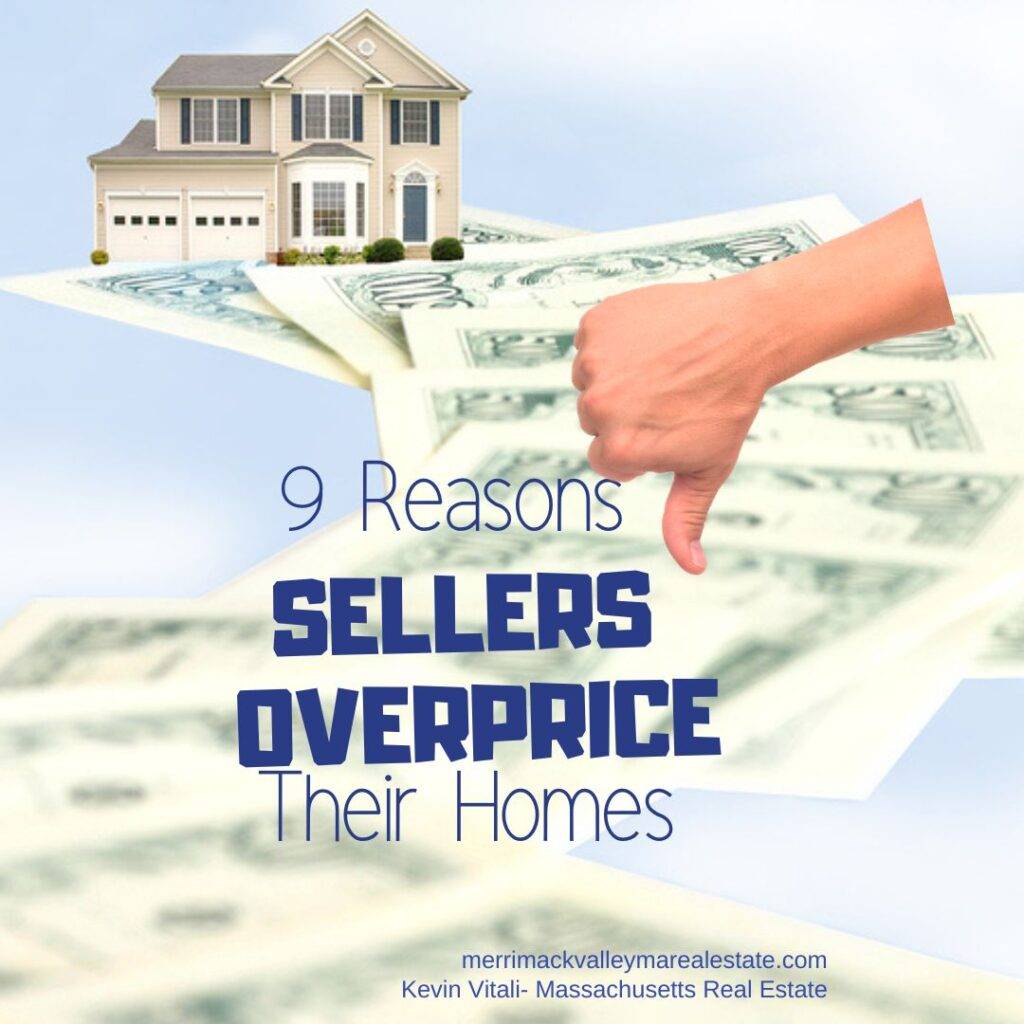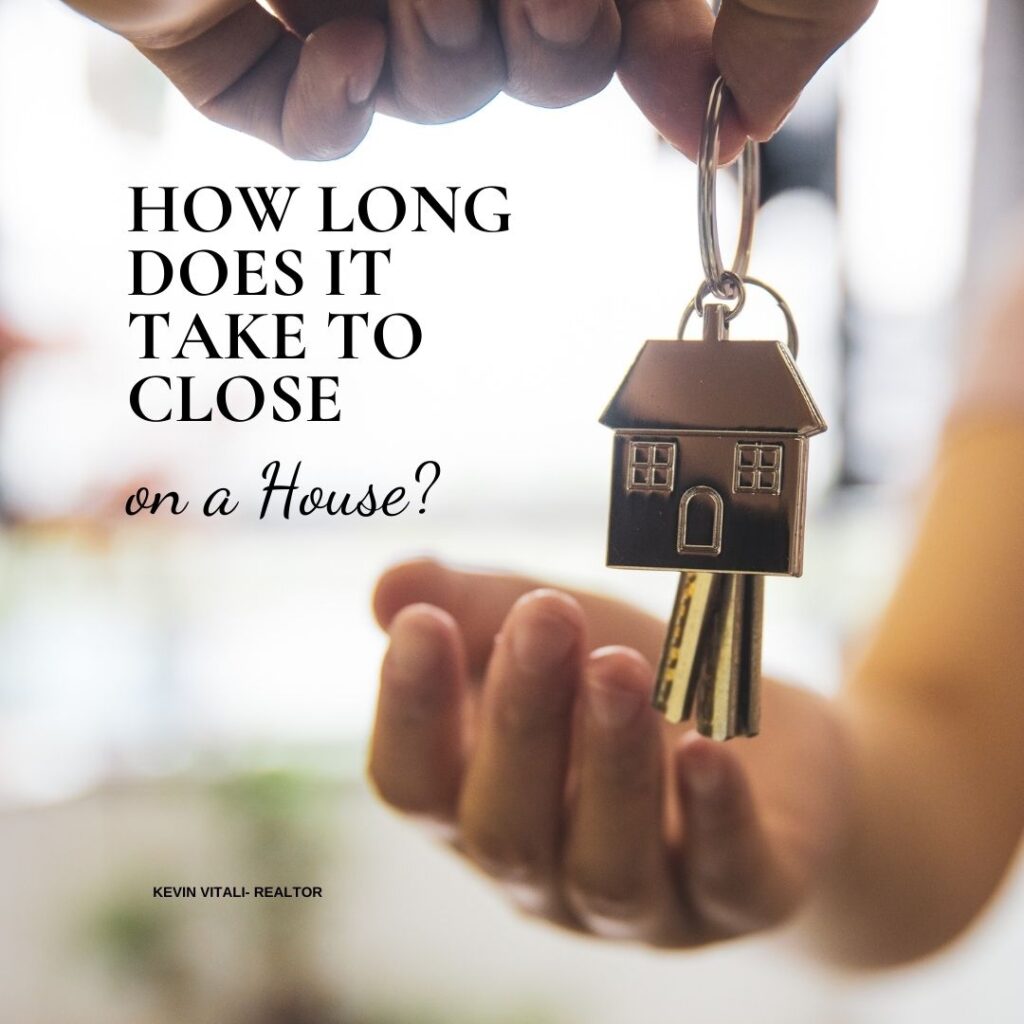
With Halloween around the corner, you might be wondering…. does a seller have to disclose the fact that their house is haunted?
Or if there was a murder, a crime or a suicide in the home?
What we are talking about is a stigmatized property.
There may be events that have occurred in the past or in the case of hunting are still occurring that home buyers may shy away from.
Depending on what state you are in it may or may not be a disclosable issue to buyers. Most buyers would be a bit squeamish to find out there was a recent murder or suicide in a home.
But a haunted house can go either way. Some buyers want nothing to do with a haunted house and others would love to share their home with a spirit roommate.
Let’s take a look at what a stigmatized home is, whether it’s disclosable in the state of Massachusetts and the impact on value.
What Is A Stigmatized Home?
A stigmatized home refers to a property that buyers or renters avoid for reasons other than its physical condition or features. These reasons can be psychological or emotional, often stemming from an event or reputation associated with the house that’s seen as negative, even though it doesn’t affect the structure or function of the home itself. Here are some common types of stigma that might affect a home:
-
Criminal Stigma: This occurs if a property has been the site of a crime, such as a murder or drug manufacturing. Even after the home is physically cleaned or repaired, potential buyers or renters may be uncomfortable with its history. One such famous home is the home of Lizzie Borden in Fall River Massachusetts. In 1892 it was believed that Lizzie killed her father and mother-in-law with an ax.
-
Phenomenal Stigma: This includes reports of paranormal activity, hauntings, or the home being located near a cemetery. Potential buyers or tenants might find this unsettling, making the property less desirable. One such famous haunted house in Massachusetts is the Parson Barnard House now part of the NorthAndover Historical Society.
-
Public Stigma: Sometimes a home is stigmatized because of a notorious event or person in its history, such as being the former residence of a well-known criminal or a place involved in a scandal. Or, it could be previously been owned by a famous person. A great example of a home possibly affected by public stigma would be Jeffrey Dahmers childhood home in Ohio
-
Health Stigma: If a property is known to have been the residence of someone with a contagious disease or if it’s believed to have health hazards like toxic mold, it can be stigmatized even if the health risk is no longer present.
A Stigmatized Home Is A Home That Would Have A Psychological Impact
It is important to note that a stigmatized property is one that has a psychological impact and does not necessarily have any physical defects. The psychological impact is far more subjective based on a home buyer’s views and beliefs.
If a home has a leaky roof it is based on fact and you know what the impact is. But a haunted house…. some of it depends on if you believe it in ghosts or not and two it may bother some buyers and not others. The same goes for a house that had a murder one buyer may not touch it with a 10-foot pole whereas another wouldn’t care and may be happy to get a discount because of a past murder.
It all has to do with each buyer’s perception.
Massachusetts Disclosure Laws on Psychologically Impacted Homes
A Massachusetts real estate agent must disclose any material fact known about the house that could affect the value.
Now let’s face it a recent murder or a rumored haunted house is going to be a tough sale to a home buyer.
But, oddly enough a “stigmatized house” in Massachusetts is not an issue that must be disclosed to the home-buying public.
The seller or listing agent is well within the law by not disclosing such events as a haunting, murder, suicide or other crime that may have previously occurred in a home.
Many years ago I had a client selling a house that had a recent murder occur inside the home.
The house was popular and received offer after offer only to fall apart after the buyers found out the home had a murder.
The homebuyers and buyer’s agents were angry at me for not disclosing the fact that the property was psychologically impacted by murder.
I immediately got on the phone and called a real estate attorney I work with and he said it is not an issue that must be disclosed and to do so without my client’s permission would put me in violation of agency law.
Basically, my fiduciary responsibility was to the seller. The seller did not want me to disclose, so I could not do so upfront.
Other States Regarding A Stigmatized Property
Before thinking you do not have to disclose a psychological event, check the laws in your state. Laws vary greatly from state to state on what must be disclosed to a potential home buyer when it comes to stigmatized homes.
In Alaska, a listing agent must disclose if a murder or suicide occurred on the property the past year. The agent is not required to disclose if they did not know.
California requires the owner of a home to disclose if an occupant of their home has died in their house in the past three years. Most states that require a death to be disclosed cap it at one year.
In Connecticut, nonmaterial facts like murder or felony do not have to be disclosed.
In Iowa, it is the responsibility of the buyer to discover any “psychological defects” in a home. No disclosure is required.
How Do I Avoid Buying A Haunted House?
Ask!! While an agent nor a seller does not have to disclose upfront about a psychological impact or defects, they are bound by law to answer all questions truthfully when asked.
So if it is important to you not to buy a haunted home, one that has had a murder, suicide or major crime committed in it, get a list of questions together to ask before writing an offer.

Also, as standard practice when I am working as a buyers agent in Massachusetts, I always Google the address to see if there is any abnormal activity happening in the house or nearby.
By the way, Google is a great way to find out if the home you are interested in is sitting on a superfund site! What did we use to do before Google?
Sellers And Their Stigmatized Home
This is obviously a very controversial subject and the law varies greatly. So if you do own a stigmatized house that you want to sell, I always recommend talking with a real estate attorney.
Here’s a great article from Richard Vetstein, a Massachusetts Real Estate Attorney, about Dealing with a Stigmatized House.
My limited experience in this matter, having gone thru selling a physiologically impacted home, carefully consider disclosing upfront any issues impacting the home.
If the issue is recent and in the news or it is a highly known fact about the house I would suggest disclosing to the buyers before viewing. Otherwise, there will be a lot of work done and deals falling apart.
If it is an older issue that the community has forgotten about then consider not disclosing the issue. Either way, talk to an attorney!
Other Real Estate Resources:
The Economist says that stigmatized properties and haunted houses for sale definitely scares off buyers and impacts value.
Bill Gassett states “buyer beware” when buying homes with an emotional impact from haunted houses to homes with a murder or suicide.
Find out what home sellers should be disclosing with advice from Paul Sian.
Happy House Haunting!!




